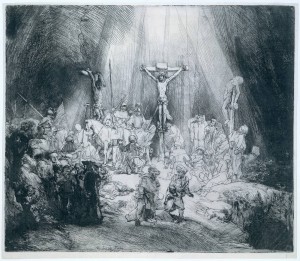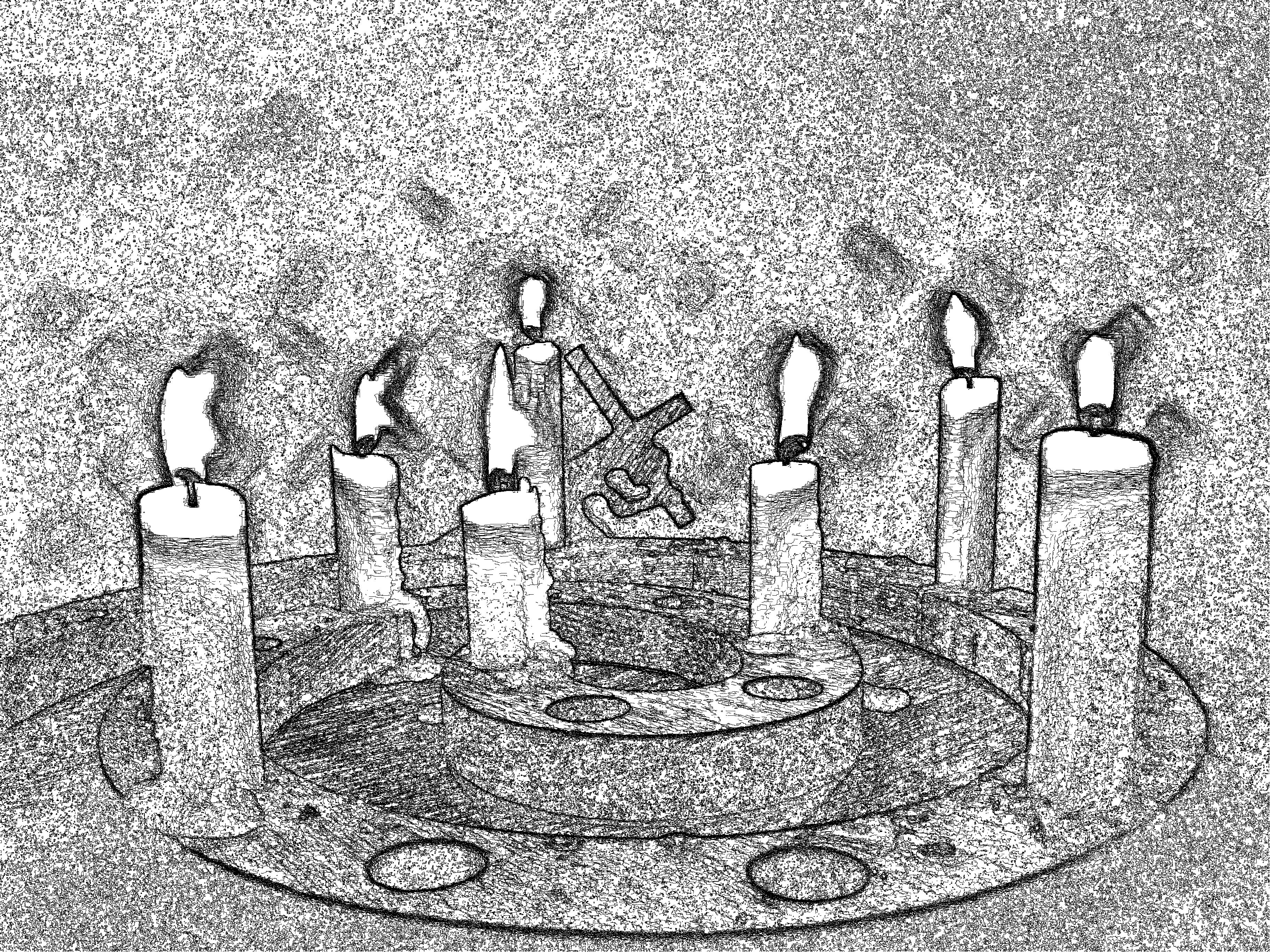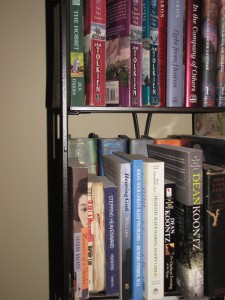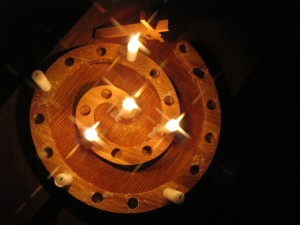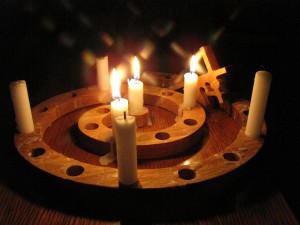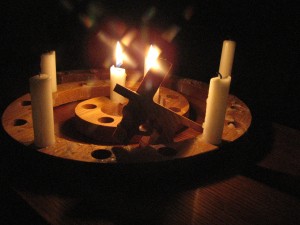It is a question as old as humanity: Why are we on earth and what are we supposed to do while we are here?
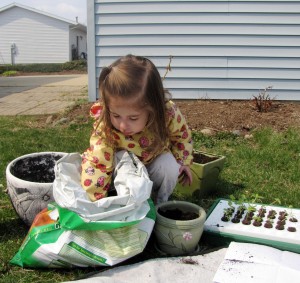
Even the ancients spent time on this. The Bible tells us from the very beginning in Genesis about many who searched for and discovered their purposes: Jabal discovered how to raise livestock, Jubal developed different types of music, Tubal-Cain mastered metalworking.
These ancients figured out what to do while here on earth, but what about us? What is our role? Many answers can be found by gazing into the moment we were created.

Then God said, “Let us make mankind in our image, in our likeness…”
We have a dual role, we humans. A dual purpose, given to us by God Himself. Let us make. We are created, a part of God’s creation. In our image. We are God’s unique counterpart, His representatives here on earth.
Being made in God’s image brings with it certain responsibilities. The second part of Genesis 1.26 says that God decided we were to rule, to have dominion over, all living creatures.

David echoes this in Psalm 8 when he says that God crowned us with honor and made us rulers of all that God created.
This has, unfortunately, been used too often as an excuse to plunder the earth and destroy it. Instead, “as God’s image bearers…we are to be wise stewards of the earth, caring for it and protecting it in a way that reflects and embodies God’s rule over his creation.” ~ Resounding Truth by Jeremy Begbie
As God’s representatives, His image bearers, we also are to spread the knowledge of God and His love to the rest of the world. We are to work to speed up God’s future goal for creation, to bring healing, restoration, hope and peace to the world around us.
Israel was supposed to be a picture of this. Israel was called to be God’s people, accomplishing God’s purposes for humanity in and for the world. They had experienced God’s rescuing power and love and were intended to be His way of giving that love to the rest of the world.
Does that sound familiar, as though it were, perhaps, something we are supposed to do? I wonder what would have happened if Israel had obeyed. What would our world look like if they had acted as God’s representatives? This is a painful question because Israel’s purposes were but a shadow of our own.
What would our world look like if we were truly acting as God’s representative? What would our neighborhood, our community look like if we were caring for and protecting our world, if we were sharing God’s rescuing love with the people around us? Different?

Things have gone wrong and many live in alienation from one another and in purposeless and destructive living. We should want to be different. We should be reflecting the image of God to the piece of creation in which He has placed us.
Our second role from that moment of creation is our very creatureliness. “Let us make man in our image, in our likeness…”

We are created by God. Along with the trees, mountains, birds and sun, we ARE God’s creation. We humans, however, have a unique role that was given to us on behalf of all of creation. A role that only we can fulfill.
We are (as far as we know!) the only creatures who can love God in return. We are the only part of creation who can give voice to the wordless praise of all creation.

In the human being, creation finds a conscious answering voice, a mortal from the dust of the earth who can know and respond to God’s love as a creature, love God in return, and as a part of this response, voice creation’s praise. ~ Resounding Truth by Jeremy Begbie
This is a beautiful picture and a beautiful role. What grace that God entrusted this to us! And yet what tragedy that our role as worshiper in creation has twisted into worshiper of creation. Including worshiper of self. Just as we have twisted our role as God’s representative, we have twisted our role of offering worship on behalf of all creation.

However. (What a beautiful word is however!) God gave us grace through Christ.
Jesus. Man. God. A man who gave complete and un-distracted praise to God. A man who perfectly acted out God’s wise rule in the world.

He is creation’s worship to God ~ perfect praise from us to God, creation’s perfect voice. He is the image of God to us ~ perfect representation of God, being a wise steward of the earth He brought healing, restoration, hope and peace from God to earth.
Jesus helped and healed many people, like this. He made blind people see. He made deaf people hear. He made lame people walk. Jesus was making the sad things come untrue. He was mending God’s broken world. ~ Jesus Storybook Bible
The most exciting part of this news about Jesus? We are invited to join Him. What joy and grace! What a gift! By reflecting God’s image to the world around us, to the tiny piece of creation (human and non-human) in which God has placed us, we are voicing the praise of creation back to God.
What a beautiful circle. What beautiful purpose.
Art Credits: photo of bird in hand by SP Veres; Christ in the House of Martha and Mary by Johannes Vermeer
reworked and much edited from the archives
it’s a little funny to me that this blog is old enough to have archives





